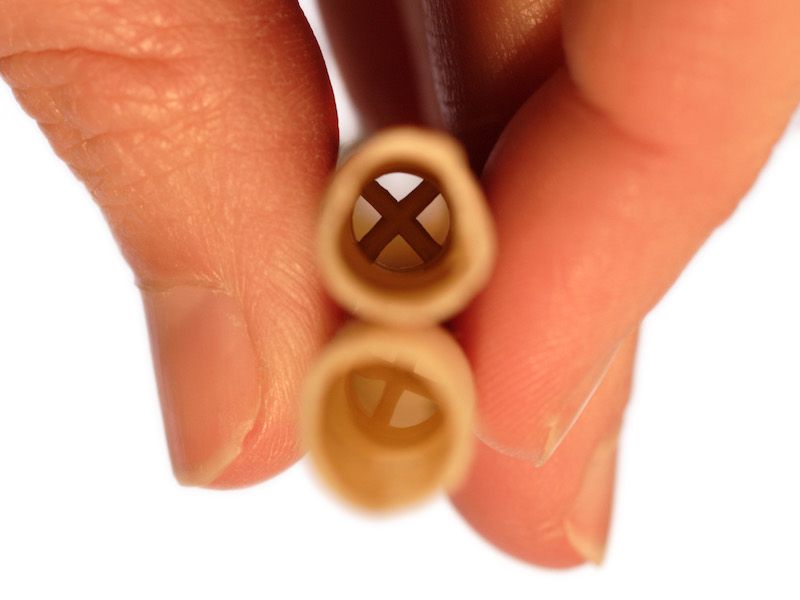
In some circles, the practice called “ear candling” is persistently thought to be an effective way to reduce earwax. What is ear candling, and does it work?
Do Earwax Candles Work?
Spoiler alert: No. No, they don’t.
Why then do otherwise logical people routinely think in this pseudo-science. That’s a hard question to answer. But even though the rational decision is fairly clear, learning more about the risks of earwax candling will help us make an informed choice.
What is Earwax Candling?
So the basic setup goes like this: Maybe you have an excessive amount of earwax and you’re not really sure how to get rid of it. You’ve read that it’s dangerous to use cotton swabs to clean your earwax out. So you start looking for an alternative and stumble on this approach called earwax candling.
Here’s how earwax candling theoretically works: By sticking a candle into your ear (wick side out), you create a pressure differential. This pressure differential then sucks the wax out. In theory, the pressure difference is enough to break up any wax that might be clogging up your ear. But this dangerous technique is not a good way to clean your ears.
Why Isn’t Ear Candling Effective
This practice has several issues, like the fact that the physics just don’t work. You would need a significant amount of pressure to move earwax around and a candle is not capable of producing that kind of pressure. Also, a candle doesn’t have the sort of seal needed to maintain pressure.
Now, the candles that they use in these “procedures” are supposed to be special. When you’re done with your fifteen minutes of ear candling, you can break up the candle and, in the hollow, see all bacteria, debris, and wax that had previously been in your ear. The only problem is that the same detritus shows up in both used and unused candles. So the entire process amounts to fraud.
Earwax candling hasn’t been proven by science to have any benefit at all.
So Earwax Candling Doesn’t Work, But How Safe is it?
So, you might as well give it a shot, right? Well, whenever you get hot candle wax around your ears, you’re looking for trouble. Look, it’s quite possible that you might try ear candling and walk away completely unharmed. People do it all of the time. But that doesn’t imply there aren’t hazards involved, and it definitely doesn’t mean that ear candling is safe.
The negative effects of ear candling can include:
- Significant burns inside ear. When melted candle wax goes into your ear, it can cause serious hearing issues and burns. This could permanently damage your hearing in the most serious cases.
- Candle wax can also clog up your ear canal once it cools. You could wind up temporarily losing your hearing or even requiring surgery in extreme cases.
- You could cause significant injury when you mess around with an open flame and possibly even put your life in danger. You wouldn’t want to burn down your house, would you? Getting rid of a bit of earwax isn’t worth that kind of risk and danger.
You Can Keep Your Ears Clean Without Needing a Candle
The majority of people will never actually have to worry about cleaning earwax from their ears. That’s because the human ear is basically a self cleaning system. But you could be one of those people who have an uncommonly heavy earwax production.
If you do need to clean your ears out because of too much wax, there are scientifically-proven (and reliable) ways to do that properly. For example, you could use a fluid wash. Another alternative would be to see a hearing care specialist for an earwax cleaning.
Cotton swabs are definitely a no-no. And you should also avoid using an open flame to clean out earwax. Earwax candling is a technique that has no benefit and will put your ears, and your entire person, at considerable risk of damage and injury. So maybe it’s time to put those special candles away.
The content of this blog is the intellectual property of MedPB.com and is reprinted here with permission.
The site information is for educational and informational purposes only and does not constitute medical advice. To receive a personalized free hearing test and hearing loss consultation, call today to set up an appointment.










